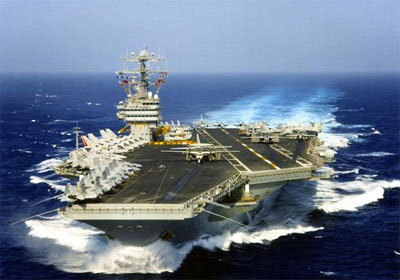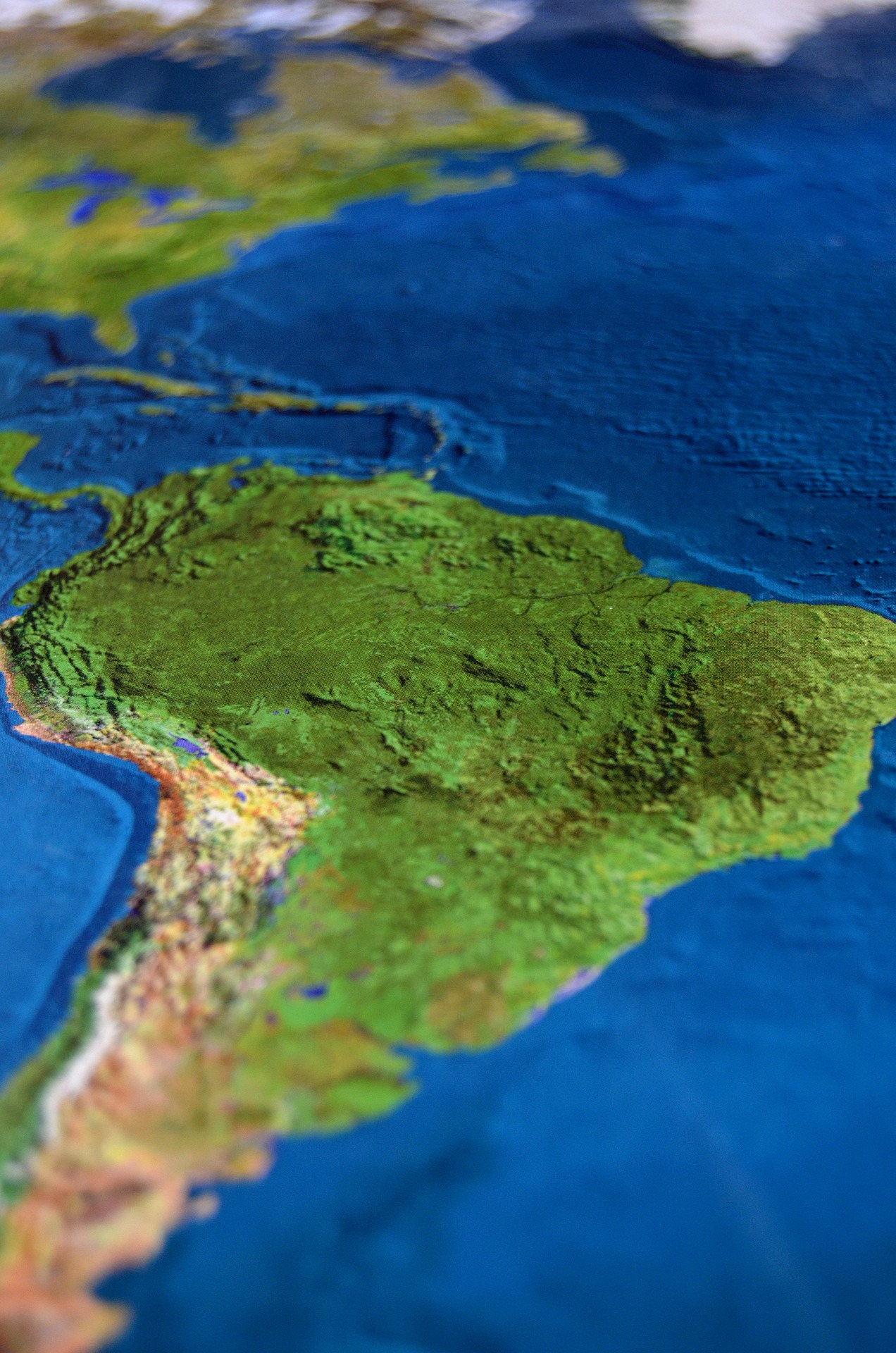Strained Relations between Israel and Turkey Undermines Bridge Between West and Muslim World
| Abraham Foxman | June 21st 2010 |
Cutting Edge commentator
These are sad times indeed for those with a strong attachment to Israel, and an equal and longstanding respect for Turkey. The unique relationship shared by these two countries, down through history and into the present, is being undermined in a stormy environment of disagreement, and charged rhetoric.
We need not go into a rehash of the much-discussed events and the diplomatic rows that brought us to this pass. The strongly critical remarks by Prime Minister Recep Tayyip Erdogan, first at Davos in response to Israel’s December 2008 invasion of Gaza, and more recently over the flotilla episode and the deaths of nine Turkish activists aboard the Mavi Marmara, have cast a deep pall over the Israeli-Turkish relationship.
The echoes of Davos and the flotilla affair seem to be prevailing over calm heads and good will, and we can only wonder, why?
Sadly, an historic era of cooperation may be slipping away, as Turkey appears on the verge of abandoning a role it so proudly played as a bridge between the Muslim world and the West. The inter-governmental and people-to-people relationships are fraying, and the tangible benefits they have brought to both sides are at serious risk.
This is a shared history based on mutual interests and concerns. In March 1949, Turkey became the first Muslim state to recognize Israel, and in 1958, Turkish Prime Minister Adnan Menderes and Israeli Prime Minister David Ben-Gurion met in secret to sign a military and intelligence cooperation agreement. Ben-Gurion later wrote to President Dwight D. Eisenhower that Israel’s “links with the Government of Turkey have grown more intimate in secret channels.”
Turkish-Israeli relations have always had ups and downs. Yet, until recently, the unmistakable trend for the prior two decades was growing trade and investment, more cultural exchanges, increased tourism, ever greater military and intelligence cooperation and more frequent political meetings.
The relationship was much more than strategic. Both Israeli and Turkish societies benefited from close ties that transcended the politics of the moment. Israelis found in Turkey a beautiful country for vacations and struck up close friendships in Turkey. After a disastrous earthquake struck Turkey in 1999, Israel was one of the first countries to extend emergency assistance by sending sophisticated equipment and search and rescue crews. The Israeli public launched a spontaneous campaign to assist the victims, as thousands of Israelis stood in line across the country to donate more than 25 tons blankets, clothing and food.
There was also the memory of history. Turkey, and the Ottoman Empire that preceded it, served as a safe haven for Jews, from the time of the expulsion from Spain and Portugal and into the Holocaust years. And Turkey’s protection of its own minority Jewish community was admirable and unique among the nations – and particularly in the aftermath of the 2003 bombing of two synagogues in Istanbul, when Turkish leaders stood up to publicly decry anti-Semitism.
Until recently, Turkey was held up as proof that a Muslim-majority country could have warm and significant relations with the Jewish state. Turkey now seems to shun that globally important role.
Today, the relationship is in steep decline. Turkish Foreign Minister Davutoglu compared the Gaza flotilla incident to the 9/11 terrorist attacks. Turkey recalled its ambassador to Israel, and President Abdullah Gul has left open the possibility of breaking off relations altogether.
Israeli tourism to Turkey has plummeted, and Israeli supermarkets are boycotting Turkish products. Turkey has cancelled joint military exercises. Israel and Turkey have clashed over policies toward Iran, Hamas, and Syria. Erdogan is reported to have angrily proclaimed in public remarks that the Star of David is the same as the Nazi swastika. A Turkish delegation of teachers and scholars, scheduled to participate in an event at Yad Vashem on the lessons of the Holocaust, failed to show.
Beyond the bilateral relationship, Turkey is in the process of losing other roles and friends. For many years, Turkey has sought to leverage its geographic linking of the Middle East and Europe to create connections between different religions and cultures. Today, however, its rapprochement with Iran, Hamas, and Syria generates doubts, not confidence, in the U.S. and elsewhere.
The American Jewish community has long been supportive of Turkish interests in the United States, as a NATO ally and based on its strategic relationship with Israel, a premise that many politically active Jewish organizations may have to revisit.
Turkey, Israel and the international community would benefit from a reversal of this downward spiral. An investigation into the flotilla affair with international observers has been commissioned by Israel, and hopefully it will provide a base from which to rebuild the relationship. Until then, both Israelis and Turks should exercise care with their rhetoric and their actions.
However, should that investigation uncover Turkish government involvement with Insani Yardim Vakfi (IHH), the Istanbul-based charity that was one of the major sponsors the Free Gaza flotilla, and its preparations for violently confronting Israeli solders – as some information now suggests – the report could be the death knell for rebuilding the relationship.
Hopefully, what we are seeing today from Turkey is a temporary detour from the path it has pursued so successfully for years. Hopefully, the friendship we had come to know and to rely on will re-emerge.
Hopefully, the instincts of the Turkish people that wrote a magnificent chapter in Jewish history more than 500 years ago as a haven and refuge for those expelled from Spain will bring Turkey back from the brink.
Then we will be able to continue to celebrate our long-held affection and respect for Turkey.
Cutting Edge commentator Abraham H. Foxman is National Director of the Anti-Defamation League and author of “The Deadliest Lies: The Israel Lobby and the Myth of Jewish Control.”








